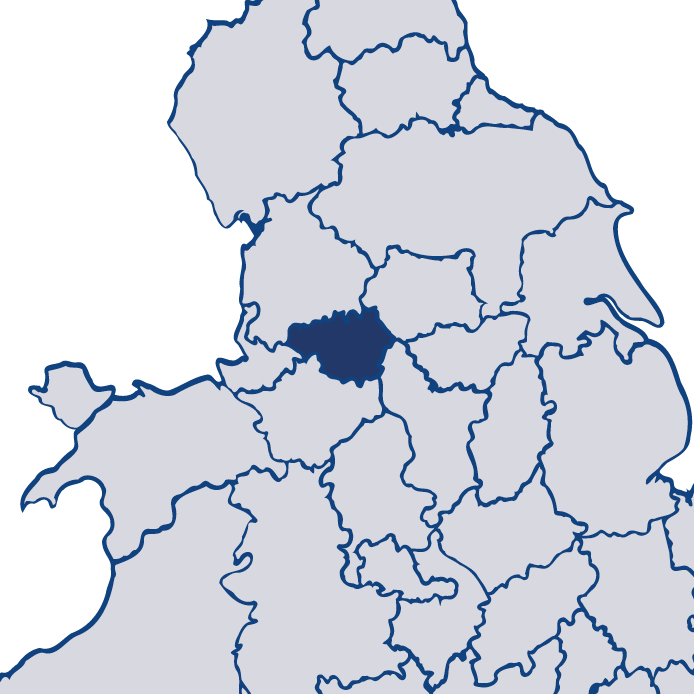Greater Manchester 2017
Read more about Greater ManchesterThis is HMICFRS’ fourth PEEL (police effectiveness, efficiency and legitimacy) assessment of Greater Manchester Police. PEEL is designed to give the public information about how their local police force is performing in several important areas, in a way that is comparable both across England and Wales, and year on year. The assessment is updated throughout the year with our inspection findings and reports.
The extent to which the force is effective at keeping people safe and reducing crime requires improvement.
The extent to which the force is efficient at keeping people safe and reducing crime is not graded.
The extent to which the force is legitimate at keeping people safe and reducing crime is not graded.

Matt Parr, Her Majesty’s Inspector of Constabulary
HMI's observations
Read my assessment of Greater Manchester Police below.
After the terrorist attack at Manchester Arena on 22 May 2017, HMICFRS decided jointly with Greater Manchester Police that we would not undertake our early June inspection fieldwork, but we later completed a limited inspection of efficiency and legitimacy followed by our Autumn inspection of effectiveness, as planned.
I am satisfied with some aspects of the performance of Greater Manchester Police in keeping people safe and reducing crime, but we found areas of concern that the force needs to address to provide a consistently good service. I have particular concerns about the force’s effectiveness in protecting vulnerable people.
The force needs to improve:
- how it responds to vulnerable people;
- how it addresses current and future demand; and
- the quality and supervision of its investigations.
The force understands the importance of treating the public fairly and with respect, as well as its officers and staff, but should improve how it updates the public about their complaints.
I acknowledge the progress that Greater Manchester Police has made in some areas since last year in the context of a high level of demand, and would like to see the force make further improvements in the year ahead.
Effectiveness
How effective is the force at keeping people safe and reducing crime?
Efficiency
How efficient is the force at keeping people safe and reducing crime?
Legitimacy
How legitimate is the force at keeping people safe and reducing crime?
Other inspections
How well has the force performed in our other inspections?
In addition to the three core PEEL pillars, HMICFRS carries out inspections of a wide range of policing activity throughout the year. Some of these are conducted alongside the PEEL inspections; others are joint inspections.
Findings from these inspections are published separately to the main PEEL reports, but are taken into account when producing the rounded assessment of each force's performance.





